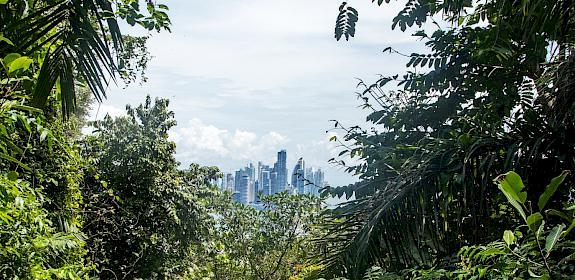Europe needs to rid itself of illegal wildlife products
Brussels, Belgium, 15th January 2014—WWF and TRAFFIC strongly support today’s decision by the Plenary of the European Parliament to adopt an EU Resolution on Illegal Wildlife Crime.
The Resolution was passed by a majority of 647 in favour and 14 against.
WWF and TRAFFIC are now asking the EU Commission and Member States to reinforce and fully implement existing legislation at EU and national levels, improve border controls, increase sanctions and penalties for convicted traffickers and strengthen intra-community co-operation and communication between relevant agencies such as Police and Customs to ensure that no illicit wildlife products are traded in the EU market.
The EU should also join world leaders in a common global effort to support range countries to protect their endangered wildlife while promoting campaigns in consumer countries such as China, Thailand and Viet Nam to stop the demand for illegal wildlife products such as rhino horns, tiger bones and ivory.
The European Commission is expected soon to release a new Communication on illegal trade (including also timber and fisheries) and to present it at an EU Conference in April in Brussels.
Tony Long, Director at WWF European Policy Office said:
“The Parliament has laid down a very strong position to stop illegal wildlife products coming into Europe and now Member States cannot ignore the fact that every year tonnes of wildlife plants and animals illegally cross their borders.”
“Every time a rhino is killed in Africa, its horn could be transiting Europe to reach Vietnam inside 48 hours. European, African and Asian countries must act together to stop such illegal activity.”
“We also expect the European Commission to follow the Parliaments’ Resolution in their upcoming Communication on illegal trade and work together with Members States and other international partners to tackle this crime effectively.”
Stephanie von Meibom, Director of TRAFFIC in Europe said:
“The European Parliament has sent a strong message to the 28 Member States and to the EU Commission to take wildlife crime seriously and treat it as they would any serious crime”.
“They have established a mandate for better equipped Police and border Customs officers, higher consistent penalties for traffickers across the EU, and better collaboration and communication among Member States to protect wildlife and stop criminal trade.”
“It is imperative that all Members States live up to their responsibilities to police the wildlife trade: any point of weakness will be targeted by those determined to circumvent the law.”




